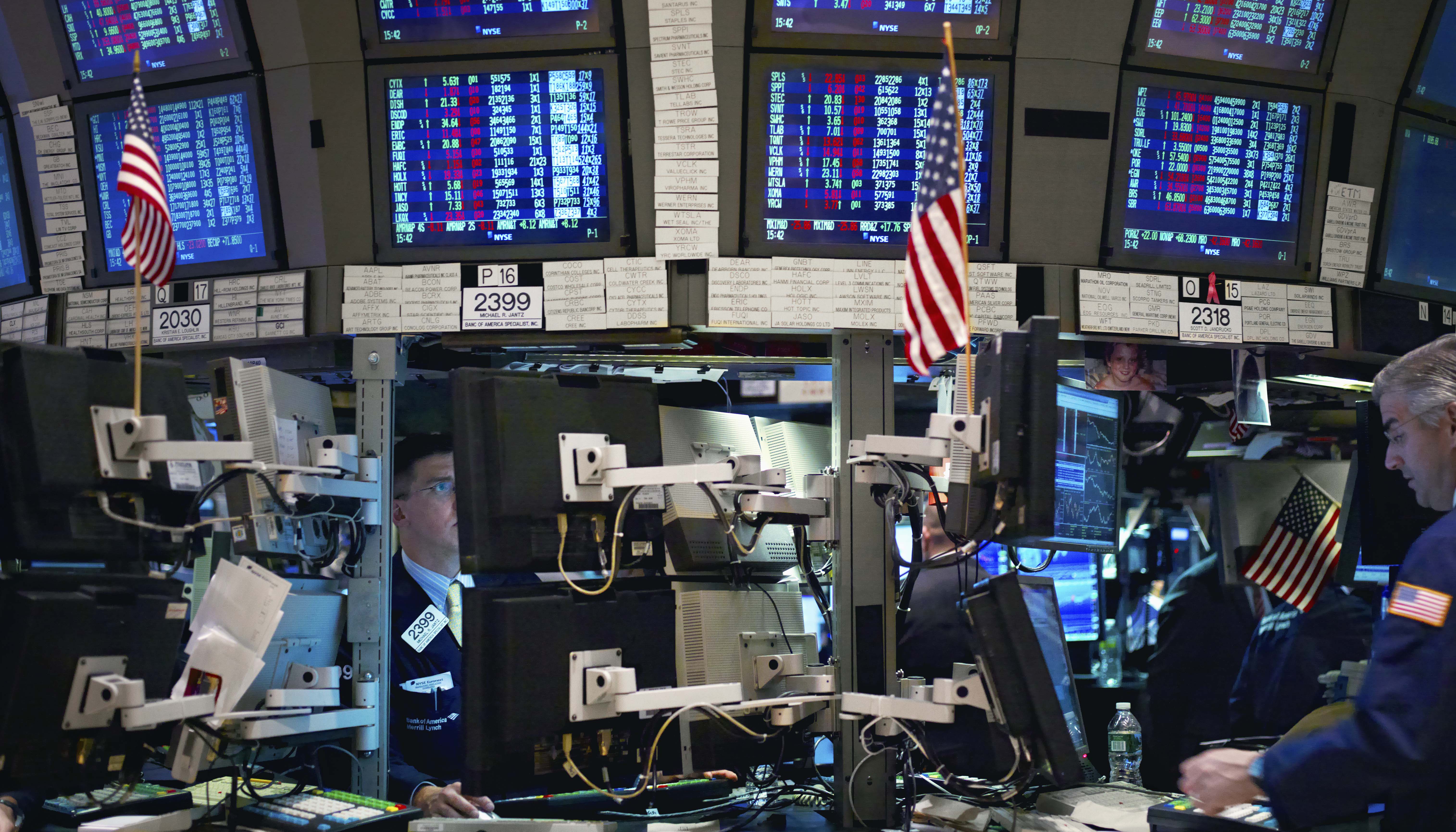When then deputy Prime Minister Barnaby Joyce’s New Zealand citizenship came to light in August, the media played up the irony that this most “ocker” of politicians could be a kiwi.
In July, in response to the idea that Tony Abbott’s British roots might affect his views, the beer-drinking, raw-onion-eating ex-prime minister was declared on national television to be the most ocker bloke you could ever meet.
After decades of cultural change and male “evolution” in Australia, through the 90s’ sensitive new age guy (SNAG), the metrosexual of the noughties and this decade’s hipster, how troubled should Australians be that a man’s credentials as an "ocker” - a sexist, homophobic figure of 1970s popular culture - are still used to establish his bona fides as a true Australian?
“I think we still have some kind of affection for these particular types of masculinity that we perhaps might need to move on from,” says Associate Professor Michelle Arrow, of Macquarie University’s department of modern history, politics and international relations.
In her presentation of the 2017 Annual History Lecture to the History Council of NSW, Arrow explains that the 1970s ocker of such movies as Don’s Party has long been considered an expression of national identity; rather, she argues, the ocker was an assertion of aggressive masculinity in response to women’s fight for equal rights – a fight which challenged the dominance of straight, white men.
The rude and crude, strine-speaking, knockabout ocker was obsessed with beer and sex with women – although it was his mates he really loved. And Australia loved the ocker, showing its affection for him at the box office of hit ocker films such as the Adventures of Barry McKenzie, Alvin Purple and Stork, and in the television ratings of The Paul Hogan Show.
The ocker helped define a decade, and has been defined himself as another chapter in Australia’s history of national archetypes – the bushman, the Digger, the lifesaver – and as an egalitarian reaction to middle class snootiness.
But Arrow, in studying the ocker in the context of women’s liberation, found something more disturbing ...
There was a dark side to ocker culture, and 1970s feminists were on to it: those values of heavy drinking and mateship could be devastating for women and children when they translated into alcohol-fuelled violence and absent fathers. And as a symbol of national pride and identity, the ocker eclipsed other ways of being Australian – indigenous, gay, ethnic, female - in a society that was becoming increasingly diverse.
“Partly what I’m interested in with the ocker is that [in the 1970s] we are making these happy films that are comedies about particular kinds of masculinity but feminists are articulating very powerfully a critique that this kind of masculinity … has some really problematic aspects to it and that in laughing at it and making funny movies about it, it’s ignoring the fact that in some cases this is having very damaging effects on women’s and children’s lives,” says Arrow
“It’s still important to acknowledge these films had a really important place in the history of Australian film … but their gender politics makes them a lot more problematic as versions of national identity when you scratch below the surface.”



